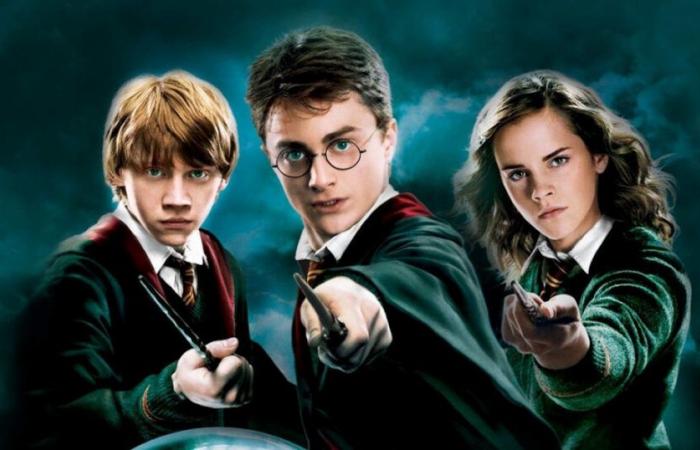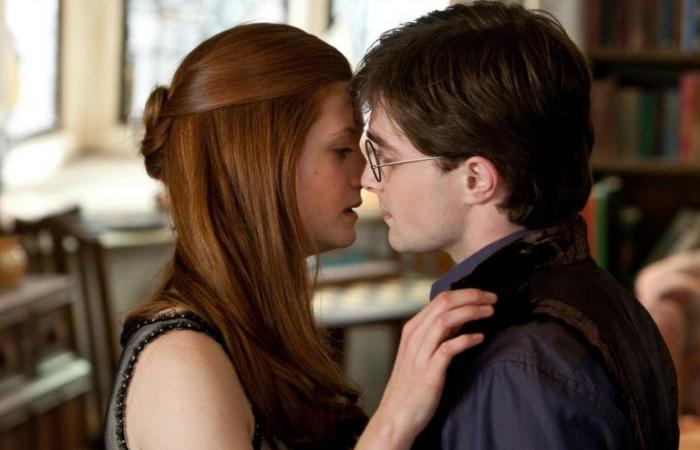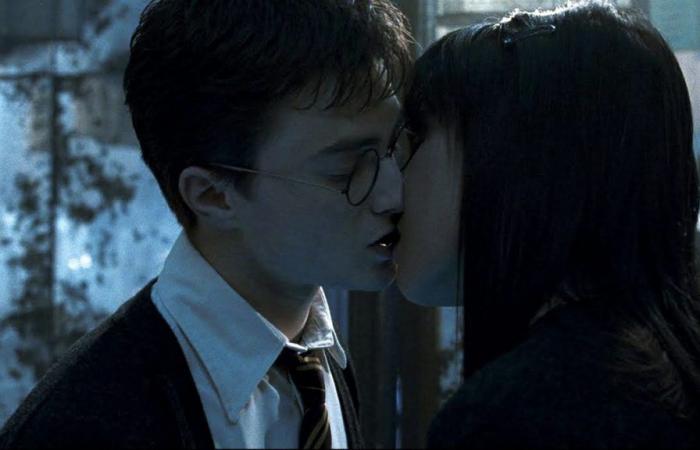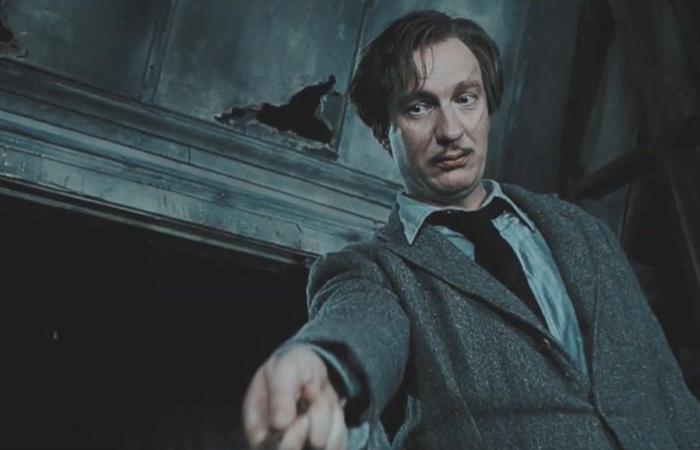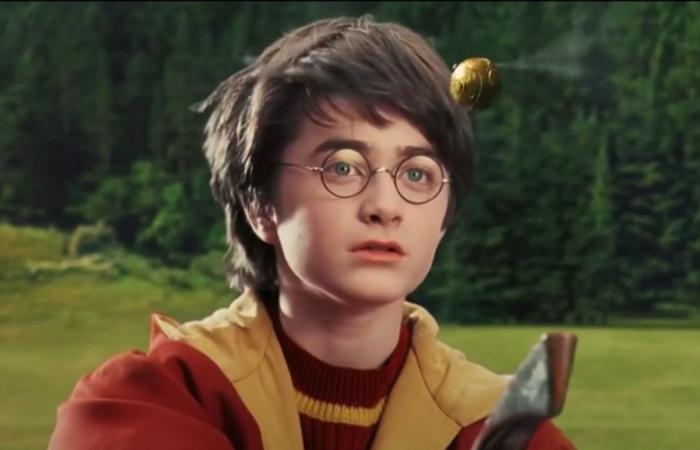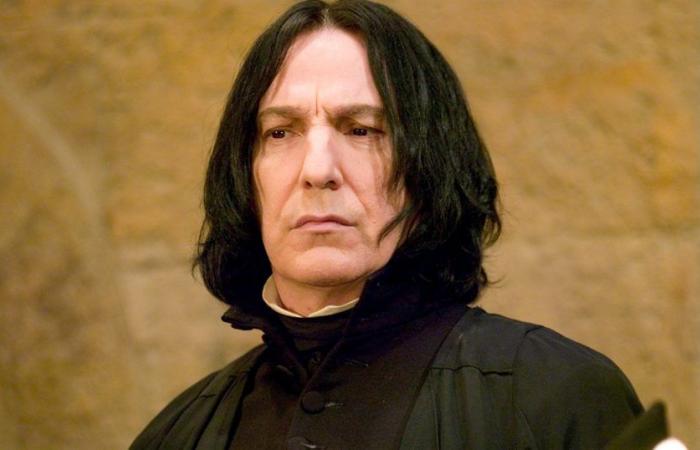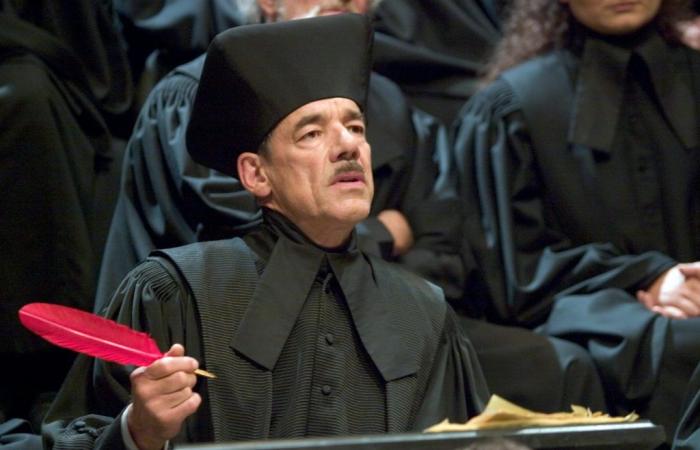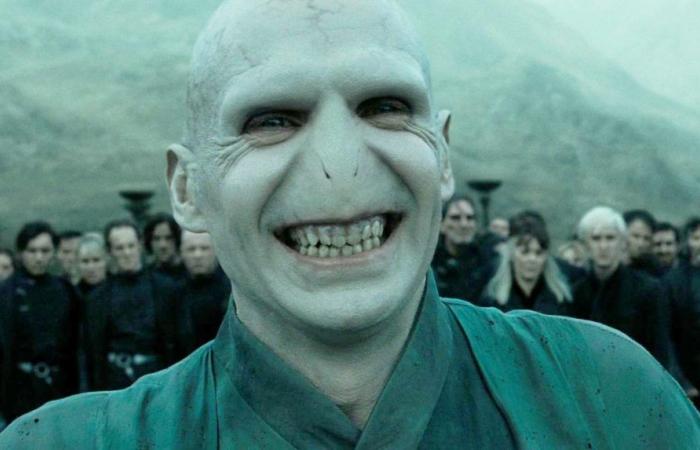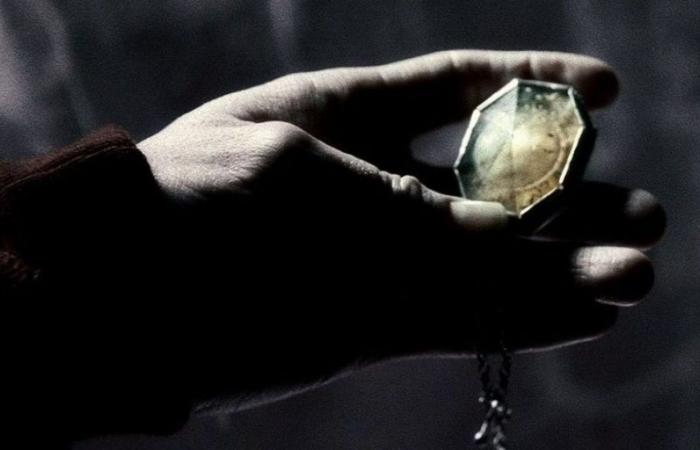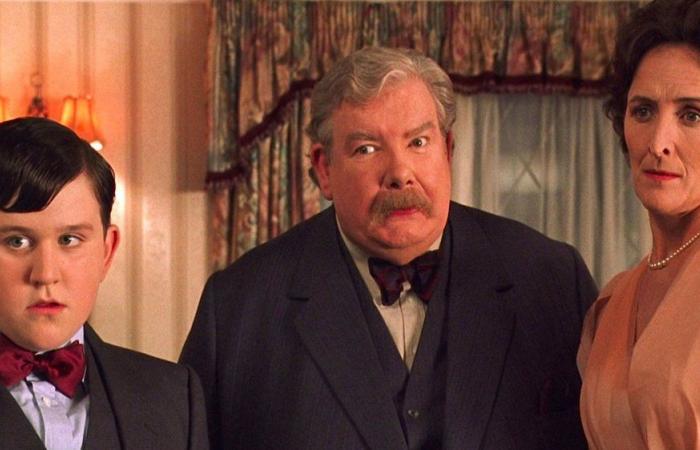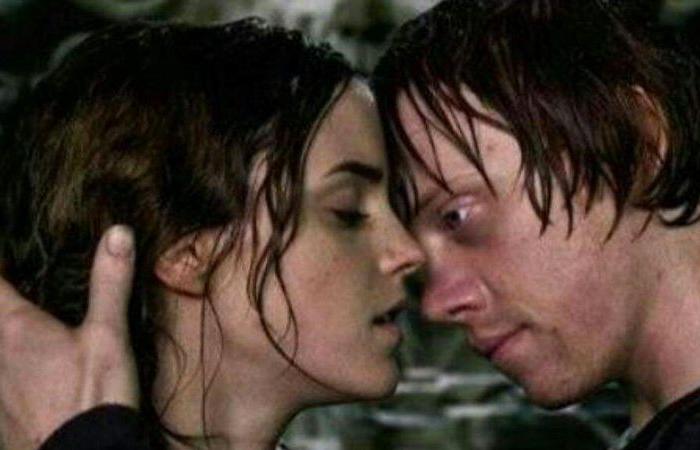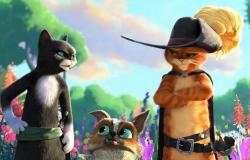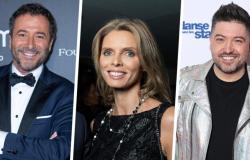Ginny is one of the weakest characters – Those who know the Harry Potter saga well will agree: in the films, Ginny Weasley never receives the attention she deserves. Played by Bonnie Wright, her character appears much flatter than her paper counterpart, where she is witty, athletic and a talented witch. Her relationship with Harry, central to The Half-Blood Prince, is reduced to a few scenes, completely leaving out the passion and conflict that characterize their story in the books. In this sense, the reboot could finally give Ginny back her strength and important role in the series.
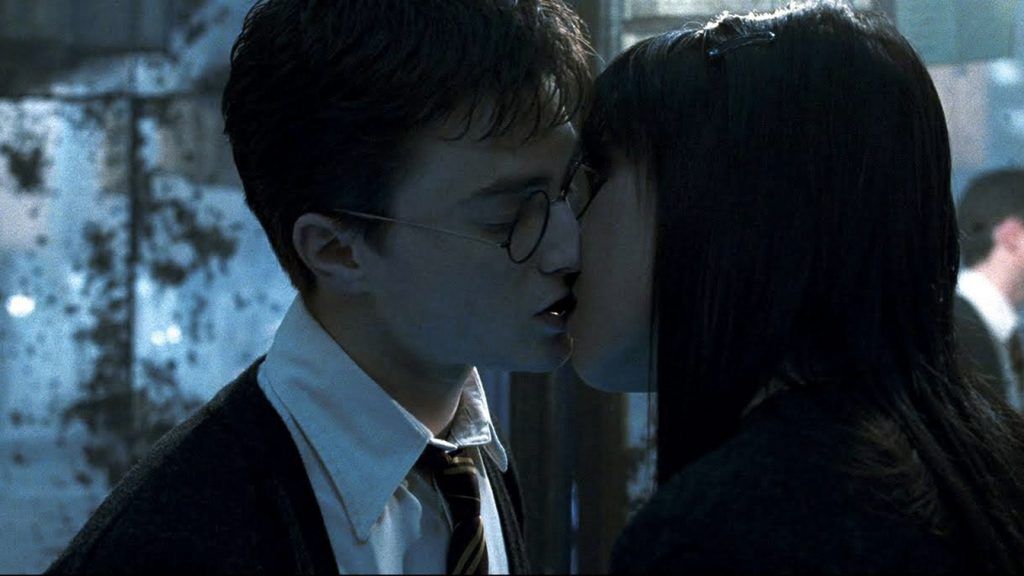
The relationship between Harry and Cho Chang – The relationship between the boy wizard and Ravenclaw, central to Order of the Phoenix, is treated superficially in the films. In the books, their first date is a disaster: Cho is still emotionally shaken by Cedric Diggory's death, while Harry struggles to understand her feelings. Without a doubt, the emotional complexity of this story, which in the films is reduced to a misunderstanding, deserves a more faithful and in-depth representation in the new series.
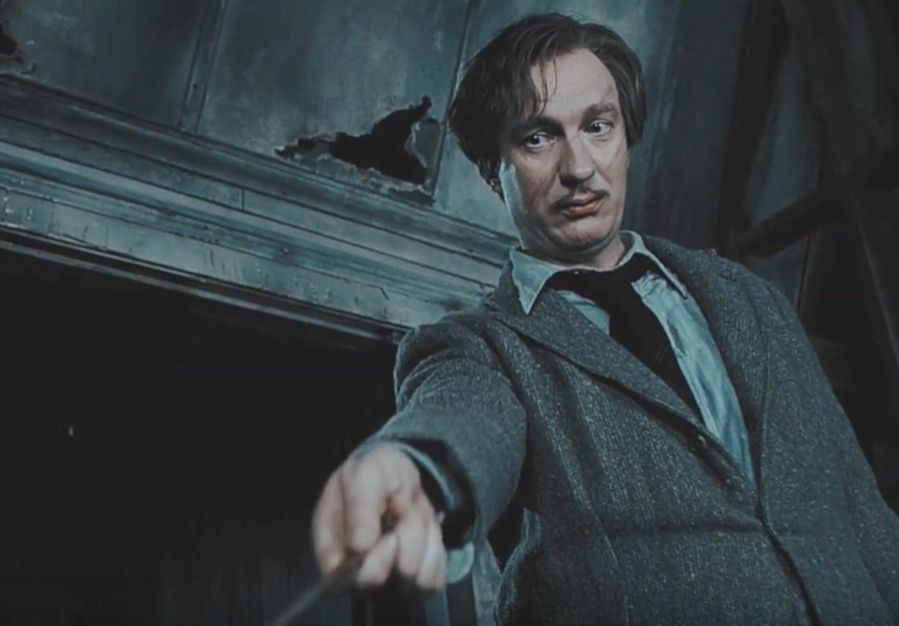
Lycanthropy as a metaphor for prejudice – In the books, Remus Lupin's condition as a werewolf is a clear metaphor for social discrimination and prejudice, comparable to that related to HIV in the 1990s. While the films hint at the stigma Lupine endures, details are lacking about his history with Fenrir Greyback and the social implications of lycanthropy. The series could develop this theme much better, making it more significant.
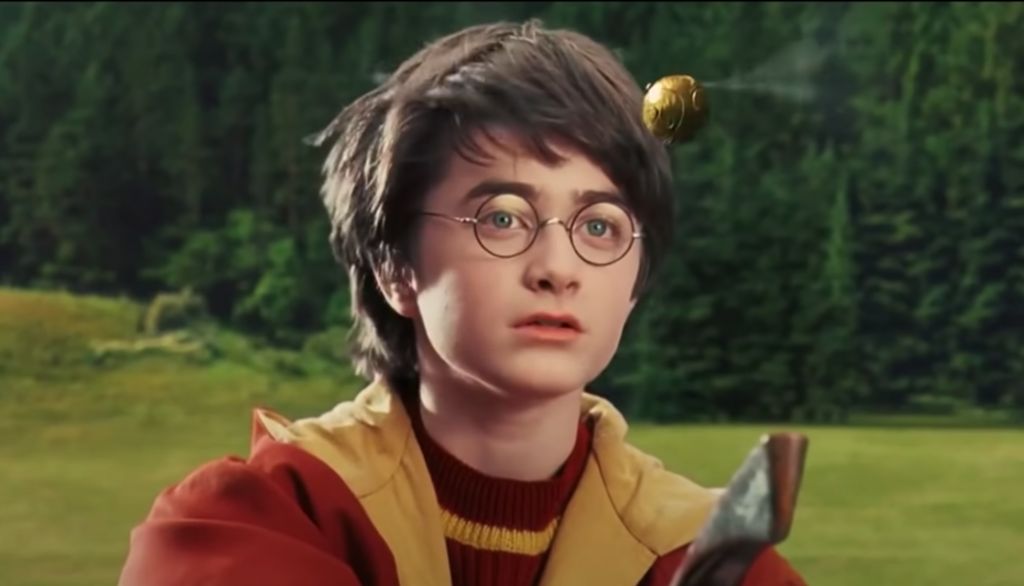
Harry's humor – Despite the dark tone of the saga, the wizard protagonist is often ironic and sarcastic in the books, and uses humor as a weapon against difficulties. In the films, this aspect is overshadowed, with a few exceptions such as the scenes with Felix Felicis in The Half-Blood Prince. Bringing back Harry's sense of humor could add more depth to the character in the new series.
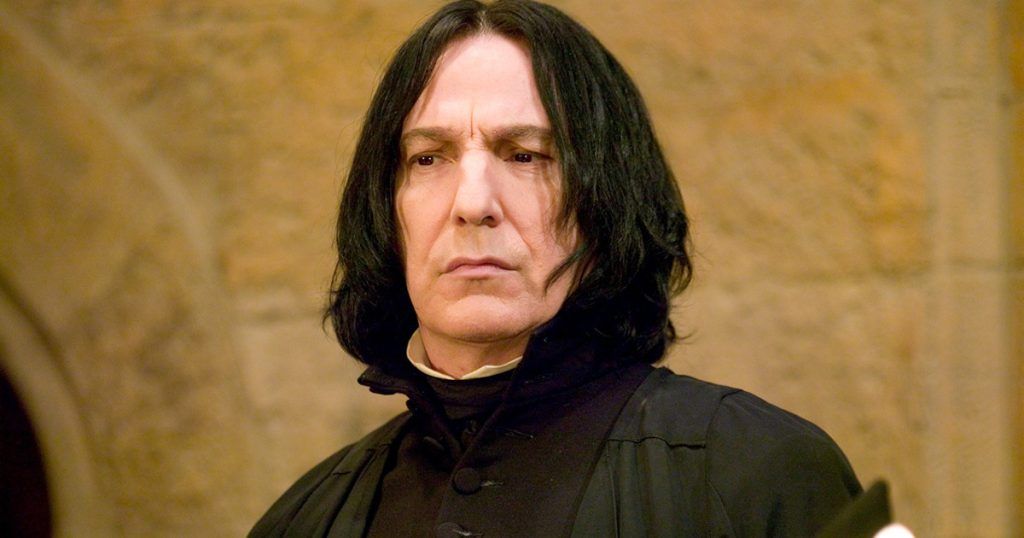
The Complexity of Snape – The revelation that the Potions Professor is the Half-Blood Prince, crucial to understanding his past and motivations, is treated hastily in the film. In the books, this discovery adds layers of complexity to the character, showing us his difficult past. The series could explore this plot better, giving the right weight to the figure of Snape as an antihero.
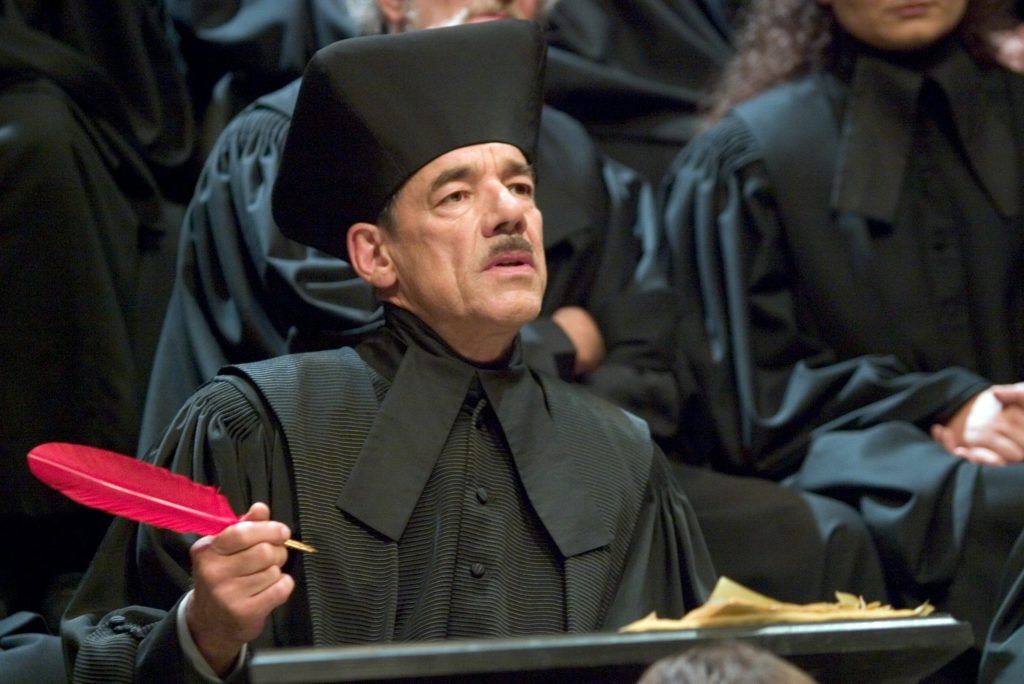
The Crouch Family Drama – Unfortunately, the story of Barty Crouch Jr. and his escape from Azkaban, as fascinating as it is, gets overlooked in the movies. In the books, we are told how Barty's mother sacrificed herself for him and how his father controlled him with the Imperius Curse: details that enrich the context of Voldemort's return, adding tension and drama. Without a doubt, a TV series would have the space needed to tell this story fully.
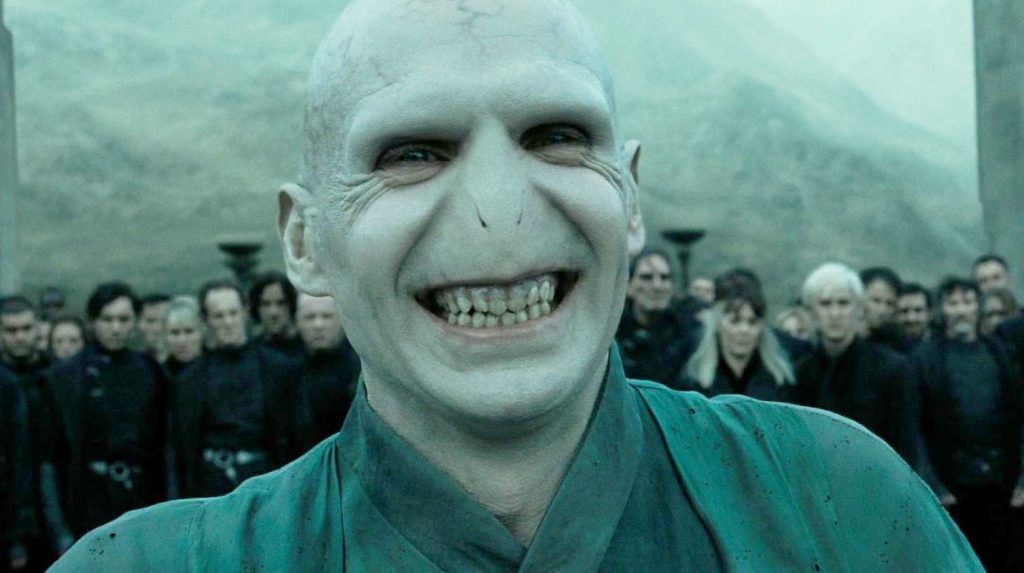
Voldemort's backstory – The Dark Lord's origins, explored in The Half-Blood Prince, connect him to the Gaunt clan, formed by the descendants of Salazar Slytherin. Obsessed with the purity of blood, they lived in a condition of degradation that profoundly affected Tom Riddle. This story, which is only hinted at in the films, deserves more attention to understand the roots of Voldemort's evil.
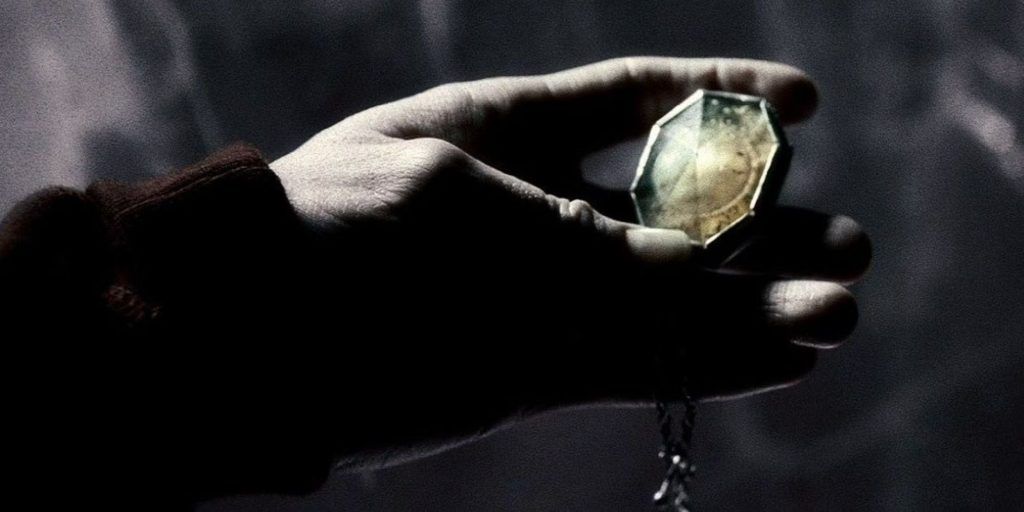
The Origin of the Horcruxes – The final film in the saga revolves around Harry's search for and destruction of the last Horcruxes. However, the origins of these magical items are often treated superficially. In the books, Dumbledore's memories explain why Voldemort is so fascinated by these magical totems: he feels entitled to possess them as a descendant of Salazar Slytherin and convinced that he is the greatest wizard in the world. Through Voldemort's journey, Harry observes his transformation from a human to an individual with a corrupt soul, a crucial detail missing from the films, forcing them to modify the original canon. For example, Hufflepuff's famous goblet receives little attention, reflecting the often overlooked approach to Hufflepuff. Without this information, in the films Harry finds the Horcrux goblet based on invented logic. Unlike in the books, the character hears an eerie screech when he approaches a Horcrux, a device that guides him to the chalice kept in Bellatrix Lestrange's vault. A reboot could remedy these omissions, giving the right emphasis to both the Horcruxes and the characters linked to Hufflepuff, who deserve greater attention.
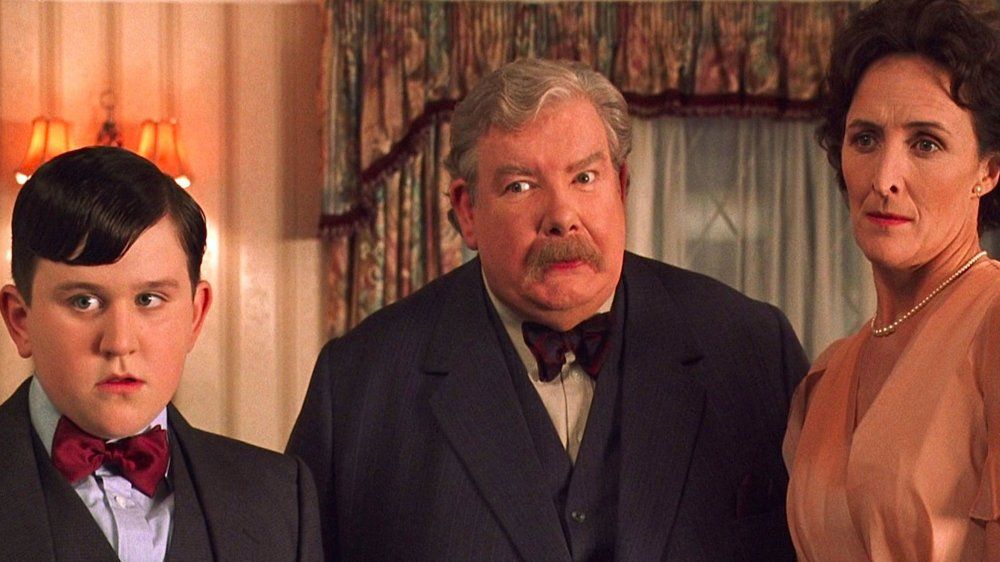
Harry's stay with the Dursleys – The Dursleys play a vital role in Harry's adolescence. In the films, however, it seems incomprehensible that Dumbledore would decide to place a child with a clearly abusive family. Some explanations are hinted at: protecting Harry by hiding him from the wizarding world or preventing him from growing up with an outsized ego. However, the most important reason is linked to Lily's powerful love magic: only this blood connection, represented by Petunia, can guarantee Harry's safety. In the films, the Dursleys are portrayed as monochromatic antagonists, but the books delve into the their complexity. Despite Petunia's deep disdain for anything magical or unusual, she raised Harry in her home for eighteen years. Although she was never able to love him like a son, she developed a certain form of attachment. A deleted scene from The Deathly Hallows shows Dudley wondering why Harry doesn't go with them when they go into hiding, a minor detail in the books but still significant.
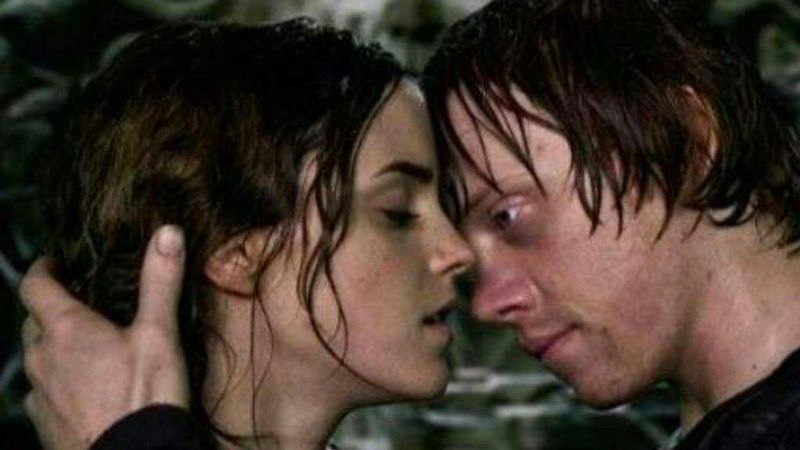
Ron and Hermione's relationship – Undoubtedly one of the most controversial in the saga, the constant bickering between the two during their school years turns out to be the basis for a budding love. The first signs of their relationship appear already in the third book, when their arguments become more frequent. In the fifth book, they become even closer, united by their concern for Harry's mood swings, a detail that does not find its way into the film adaptation. Their romance officially blossoms at 16, but Ron sabotages it when he discovers that Hermione kissed Viktor Krum before him. Uncertainty and jealousy are typical reactions among teenagers and make their relationship realistic for that age. Even the moment in which they declare themselves has a different tone. As in the book, it takes place during the Final Battle of Hogwarts, but the film includes one significant detail: Ron demonstrates selflessness, a quality he often struggles with. Encourage Harry to warn the House Elves of impending danger so they can escape to safety. This gesture prompts Hermione to kiss him passionately. Harry scolds them for the inopportune timing, but Ron replies that, since his life is in danger, this is the right time to express his feelings. These details enrich Ron's character and the reboot of the saga could be an excellent opportunity to further explore these nuances.

